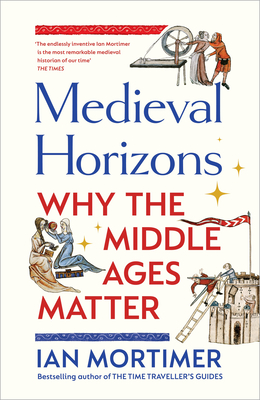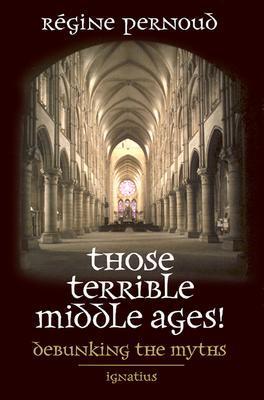
Medieval Horizons: Why the Middle Ages Matter
Book Description
Unlock the mysteries of a time shrouded in myths and misconceptions. "Medieval Horizons: Why the Middle Ages Matter" unveils the vibrant tapestry of this era, revealing its profound influences on modern society, culture, and thought. With gripping tales of triumph, turmoil, and transformation, Ian Mortimer takes you on an exhilarating journey through a period teeming with intrigue and innovation. From the echoes of epic battles to the whispers of forgotten wisdom, the Middle Ages pulse with life. What hidden gems from this captivating era could reshape your understanding of the world today?
Quick Book Summary
"Medieval Horizons: Why the Middle Ages Matter" by Ian Mortimer dissolves the fog of stereotypes surrounding the medieval period, revealing the era's vitality, complexity, and enduring legacy. Mortimer challenges the view of the Middle Ages as a dark, static epoch and instead illuminates its spirit of innovation, resilience, and transformation. He shows how pivotal events, scientific advances, philosophical thought, and social changes from the Middle Ages laid the foundation for many aspects of modern life. Through captivating narratives, Mortimer discusses how medieval concepts of identity, governance, and culture still influence our thinking. The book invites readers to appreciate the Middle Ages as a crucible of change, demonstrating the period's relevance and importance in shaping the contemporary world.
Summary of Key Ideas
Table of Contents
Dispelling Myths and Misconceptions
Mortimer begins by addressing the pervasive misconceptions that paint the Middle Ages as a period of ignorance and backwardness. He dismantles these myths with evidence of the era's vibrancy and its people's adaptability. By confronting erroneous popular images—such as filth, brutality, and superstition—Mortimer argues that many modern attitudes originated in the dynamic realities of medieval life rather than its supposed darkness.
The Medieval Roots of Modern Society
The author then explores key social and technological innovations that arose during the period, such as the development of universities, the spread of mechanical clocks, and advances in architecture and agriculture. Mortimer emphasizes that the medieval era was not stagnant but defined by constant adaptation to crises like plagues and wars. These innovations propelled European societies forward, fostering literacy and interdisciplinary thought that would inform later revolutions.
Innovation and Change in the Middle Ages
Mortimer illustrates how medieval governance, law, and notions of identity planted the seeds for modern political and personal concepts. The emergence of parliaments, codified legal systems, and citizenship began in this era, affecting how modern nations organize themselves and how individuals understand their roles within them. The rise of written records and bureaucracy also enabled societies to manage complexity in new ways.
Legacies in Governance and Identity
A further focus is placed on cultural and philosophical developments. The book traces how the synthesis of Christian theology with classical philosophy, and interactions with Islamic and Judaic thought, catalyzed a flourishing of intellectual life. This interconnectedness nurtured religious pluralism, early scientific inquiry, and debates over individual rights and responsibilities, laying the groundwork for the Renaissance and Enlightenment.
In closing, Mortimer contends that recognizing the dynamism and creativity of the medieval world is essential for understanding our present. He suggests that by studying the Middle Ages, we gain perspective on how societies recover from adversity and adapt to change. The legacy of this period persists in our institutions, cultural values, and sense of identity, making the Middle Ages less distant and more relevant than commonly believed.
Download This Summary
Get a free PDF of this summary instantly — no email required.





